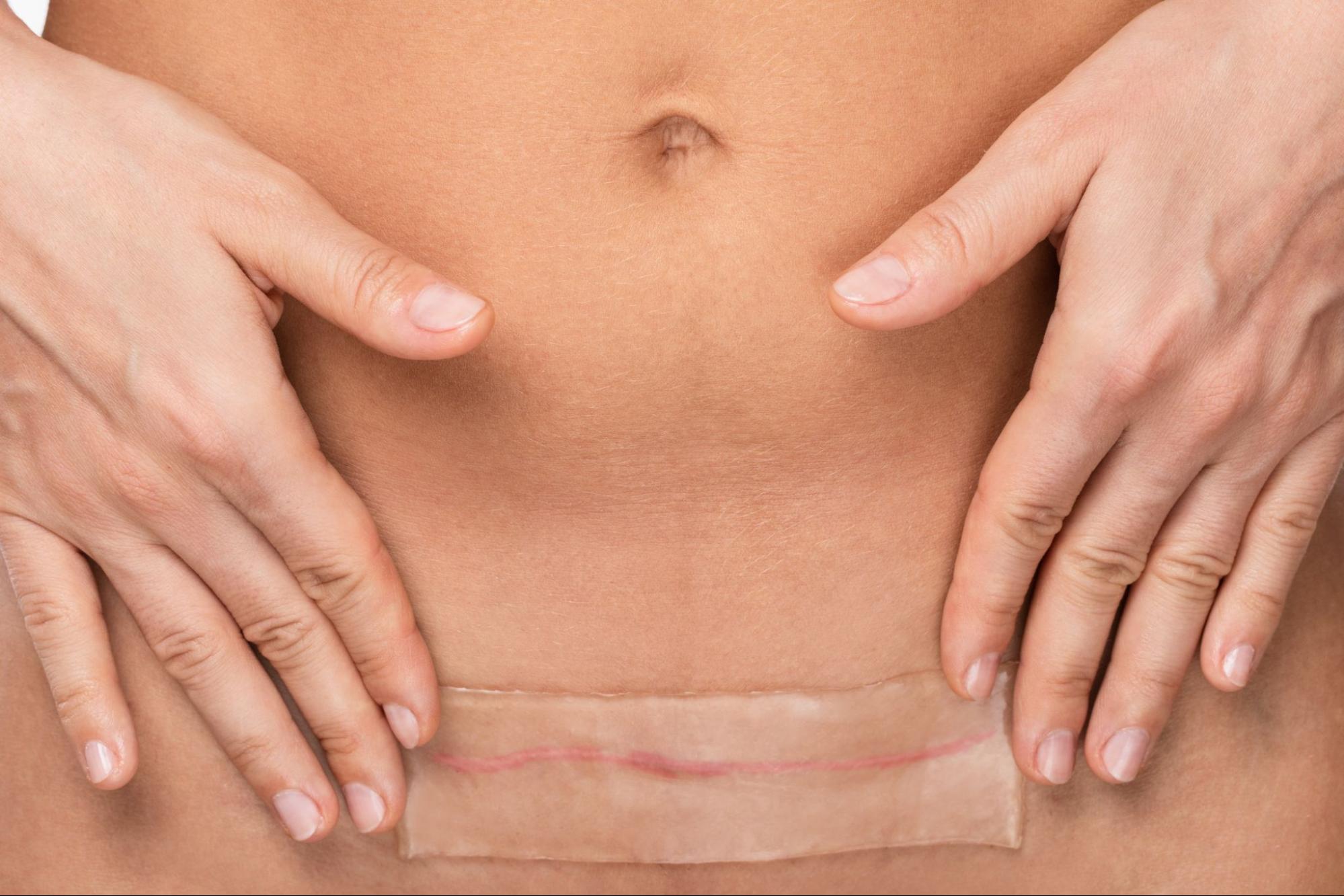
Important Notice: This article is for general educational purposes only. It is not an advertisement or promotion for cosmetic surgery, and it does not provide medical advice. Individuals should always seek personalised guidance from a qualified, GMC-registered healthcare professional.
Recovering from tummy tuck surgery, also known as abdominoplasty, is a process that requires care, patience, and most importantly, adequate rest. This can play a crucial in ensuring the best possible healing experience. As such, understanding why rest matters and how to approach recovery responsibly can make a significant difference to both comfort and results.
Understanding the Recovery Process
A tummy tuck (abdominoplasty) is a surgical procedure designed to reshape the abdominal area. Because it involves tissue repair, the body needs time to repair tissues, reduce swelling, and regain strength. Rest is an essential component of this process.
After surgery, the body’s natural healing mechanisms begin working immediately. During this time, rest allows energy to be directed towards tissue repair rather than daily physical demands. It also helps reduce strain on the abdominal area, minimising the risk of complications such as swelling, delayed wound healing, or discomfort.
Why Rest Is So Important
Rest is not just about sleep, as it includes taking time away from strenuous activity and allowing the body to recover fully. There are several reasons why rest is so important after tummy tuck surgery:
Promotes healing: Proper rest supports circulation, enabling oxygen and nutrients to reach the healing tissues. This helps to repair cells more efficiently and can contribute to smoother recovery.
Reduces swelling and discomfort: Swelling is a normal part of recovery. By resting and keeping movement gentle, you can help reduce inflammation and make the healing period more comfortable.
Prevents complications: Too much movement too soon may place unnecessary pressure on the surgical site. Resting helps to protect stitches and prevent strain on the abdominal muscles.
Supports mental wellbeing: Recovery is not only physical. Rest also gives patients the opportunity to adjust mentally and emotionally following surgery. Taking time to relax can support overall wellbeing and reduce stress during recovery.
How Much Rest Is Needed?
Every patient’s recovery journey is unique, and the amount of rest required can vary. Your own surgeon will provide tailored aftercare guidance based on factors such as the complexity of your procedure, overall health, and lifestyle.
In general, it is common to need several days of limited activity immediately after surgery, followed by a gradual return to light movements. Most people are encouraged to take one to two weeks away from work or daily commitments, depending on their occupation and progress. However, you should always follow the specific advice given by your operating surgeon, as they are best placed to guide your individual recovery plan.
Cosmetic surgery should only be carried out by a GMC-registered cosmetic surgeon
with the appropriate training and experience. This helps to ensure that procedures are performed safely and that patients receive care in line with UK medical standards.
Creating a Supportive Recovery Environment
Preparing for rest before surgery can make recovery smoother and less stressful. Some practical steps include:
Setting up a comfortable resting area: Arrange pillows or cushions to provide support while sitting or lying down. Many people find that slightly elevated positions help reduce tension on the abdomen.
Organising essentials in advance: Keep items such as medications, water, and entertainment close to hand to reduce unnecessary movement during the first few days.
Asking for support: Having someone to assist with daily tasks can be very helpful. Lifting, cleaning, or other physical chores should be avoided until cleared by a healthcare professional.
Following medical advice: Every surgical team provides specific post-operative instructions. These should always be followed closely to promote healing and ensure safety.
Rest and Gradual Movement
While rest is essential, gentle movement, when recommended by the medical team, can also be beneficial. Short, slow walks around the home may help improve circulation and reduce the risk of blood clots. The key is to balance rest with appropriate movement, following the guidance of your surgeon or nurse.
Patients should avoid lifting heavy objects, stretching the abdominal muscles, or engaging in strenuous exercise until advised that it is safe to do so. Recovery is a gradual process, and taking it slowly supports long-term comfort and results.
Listening to Your Body
Rest is not just a set of instructions; it is also about paying attention to how your body feels. Fatigue, discomfort, or swelling can be signs that you need to slow down. Recovery timelines vary, and there is no need to rush the process. By giving the body time to heal properly, you are investing in your long-term wellbeing.
It is also important to attend all follow-up appointments. These allow healthcare professionals to monitor progress and provide reassurance that healing is on track.
Emotional Rest and Recovery
Physical rest is only one part of recovery. Many patients benefit from emotional rest as well. Surgery can bring mixed emotions, including excitement, anxiety, or impatience. Taking time to focus on wellbeing, through relaxation, mindfulness, or light activities, can help maintain a positive mindset throughout the recovery period.
A Balanced Approach to Recovery
The goal of rest after tummy tuck surgery is not inactivity, but balance. Too little rest may delay recovery, while too much inactivity can slow circulation. Following professional guidance and adopting a steady, measured approach ensures that healing happens safely and effectively.
Rest should be seen as an active part of recovery, a time when the body rebuilds strength and resilience. It is not simply about waiting for the body to heal, but giving it the best possible environment in which to do so.
In Summary
Rest plays a vital role in recovery after tummy tuck surgery. It supports physical healing, reduces the risk of complications, and promotes emotional wellbeing. Every recovery journey is unique, and listening to both your body and your medical team is key to achieving the best outcome.
For those recovering from surgery, understanding the importance of rest can support safe healing. Taking time to recover fully is an essential part of safe and healthy healing.
Disclaimer:
This article is for general information purposes only and should not be interpreted as medical advice. Recovery recommendations and outcomes vary between individuals. Anyone considering or recovering from surgery should follow the personalised guidance provided by their qualified healthcare professional.
